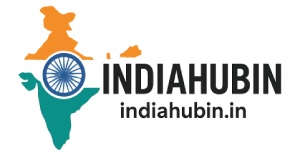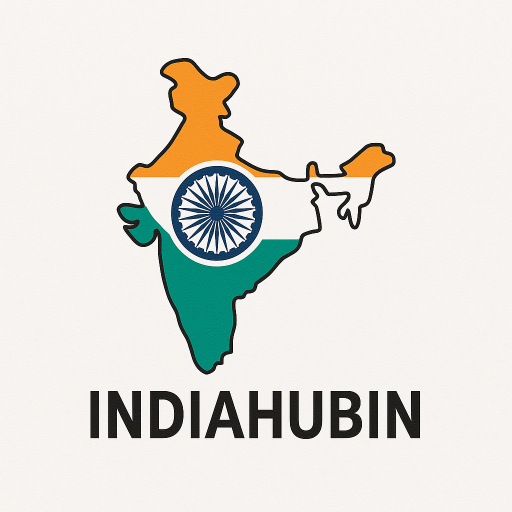From digitally enabled products to the rise of micro-entrepreneurs selling insurance through mobile apps, India’s insurance industry is quietly but surely going through a tectonic shift. At the heart of this change is a new philosophy: insurance can, and should, be simple, accessible and an enabler of livelihood. Let’s break this down.
The new face of insurance
There was a time when insurance was sold over long-drawn conversations, bulky policy papers and devil in the details. Today, the same product is being bought and sold with better clarity and transparency. Smartphone penetration, vernacular languages and AI-led recommendation engines help customers decide what’s most suitable. Technology has truly transformed the insurance industry. And not just in how products are distributed, but also how customers decide to buy the product.
We’re now seeing new-age insurance models that break away from the traditional approach of long-term, expensive, and inflexible policies. These include modular health insurance plans that allow policyholders to customise their sum insured, hospital room category, and riders; pay-as-you-drive motor insurance, which aligns premiums with actual usage; and multi-year health policies that lock in premiums and offer 15 to 18 per cent savings while eliminating annual renewal hassles. All of these are being delivered through fully digital journeys, right from policy comparison to purchase and claims.
But perhaps the most powerful evolution lies not in what is being sold, but who is selling it.
The rise of micro-entrepreneurs in insurance
Traditionally, insurance distribution relied heavily on large agency networks, banks and corporate agents. But this model often excluded small business owners, gig workers or individuals in non-metro cities from participating in the insurance economy.Enter PoSP (Point of Sale Person) insurance agents. They are individuals certified by IRDAI to sell insurance policies across categories such as motor, health, life and term insurance.
Armed with just a smartphone and internet access, they can also become a certified PoSP insurance agent and start earning by selling insurance, irrespective of their location. This is a chance for them to build a micro-business, which is rooted in trust, local networks and supported by technology.
How are new-age offline channels aiding the online distribution?
While online insurance buying has grown, a large segment of India’s population, especially in smaller towns, still needs guidance to understand the right coverage, fill out forms and make informed decisions.
An agent, in this case, simplifies the jargon, helps with claims and bridges digital divides. Most of all, a verified and certified agent adds a layer of trust, especially in smaller towns where they are not just a distributor but also an advisor and a trusted channel.
That’s why the role of insurance agents isn’t diminishing. But it’s definitely evolving. With tech tools in hand, agents today are no longer confined to dusty files or physical meetings. They’re becoming mobile-led, insight-driven advisors.
These days, it’s easier to become a PoSP insurance agent in just a few clicks and start earning with flexible schedules, or you can even do it as a full-time job. One only needs to do an IRDAI-compliant training and clear a simple online exam. They can get certified, and the best part is that there is zero investment involved and a lot of flexibility. There’s no need for office space, inventory, or capital. You can work from your phone, at your own pace, and earn based on effort. You decide how many customers to serve, which products to sell, and how much time to dedicate.
Unlike traditional agent models where commissions are disbursed monthly or quarterly, some platforms even offer an On-Demand Payout (ODP) feature wherein once an agent closes a sale, they can request instant payouts, which are credited within 30-60 minutes. This improves cash flow and motivates micro-entrepreneurs to grow consistently.
As India marches toward greater financial inclusion, insurance will play a pivotal role in protecting lives, health, and livelihoods. But this protection will not come solely from large corporations; it will come from millions of digitally enabled individuals taking insurance to the last mile.
The PoSP model not only empowers insurance sales but also enables livelihoods. It is helping homemakers become businesswomen, students to earn side income, and shopkeepers to expand into financial services. The future of insurance in India is not only digital, it is inclusive, local, and entrepreneurial. And with the right technology, training, and trust, anyone can be a part of it.
*The article has been authored by Dhruv Sarin, Co-founder & CBO, PBPartners
Disclaimer – The above content is non-editorial, and TIL hereby disclaims any and all warranties, expressed or implied, relating to it, and does not guarantee, vouch for or necessarily endorse any of the content.


